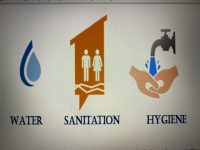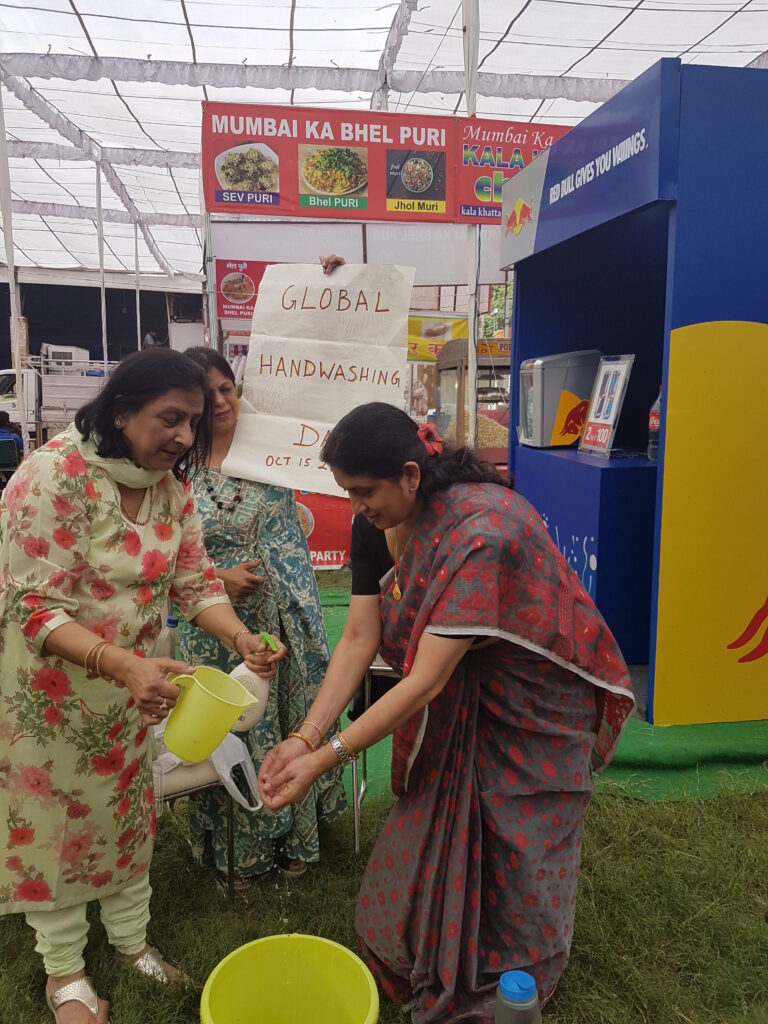
The Three Pillars of WASH

Water
Sanitation

Hygiene
Safe drinking-water, sanitation and hygiene are crucial to human health and well-being. Safe WASH is not only a pre-requisite to health, but contributes to livelihoods, school attendance and dignity of women and helps to create resilient communities living in healthy environments.
829,000 people die each year from diarrhoea as a result of unsafe drinking- water, sanitation and hand hygiene. Every day more than 800 children die from diarrhoea linked to unsafe water and sanitation and poor hygiene. Without water, sanitation and hygiene (WASH), people’s well-being, dignity and opportunities are severely compromised, particularly women and girls’.
WASH is critical to the Sustainable Development Goals (SDGs), particularly in health, gender equality and livelihoods. WASH must be central to climate adaptation plans as it can drive economic growth. Regular hand washing needs to be given priority otherwise it leads to likelihood of diarrhoea and other diseases.
To bring about awareness on safe drinking water and hygiene education, on the occasion of World Water Day, Film Shows were arranged by us at Delhi Public School, New Delhi. Also cartoons on safe drinking water, impact of germs and bacteria on health, etc. were shown and Drawing Competition organised for 200 nursery and primary under-privileged children in Deepalaya School, Kalkaji, New Delhi. Prizes such as water bottles, painting material and books were distributed to the meritorious children.
Under WASH in Schools Programme, we organized Awareness and Training Programme on safe drinking water and handwashing with soap – Delhi Public School, East Of Kailash, New Delhi.
We conducted ‘ 2015 Global Handwashing Day’ for nursery children at prestigious Delhi Public School, East of Kailash, New Delhi, for better health.
To celebrate World Water Day, 2016 we organized hygiene education programme for 200 small children with Film Show and drawing/ panting competition in Deepalya school run by an NGO for under- privileged children in Kalkaji, New Delhi. Prizes were distributed to meritorious children.
The practice of hand washing was also promoted during religious fairs or “melas” where large number of people congregate.


